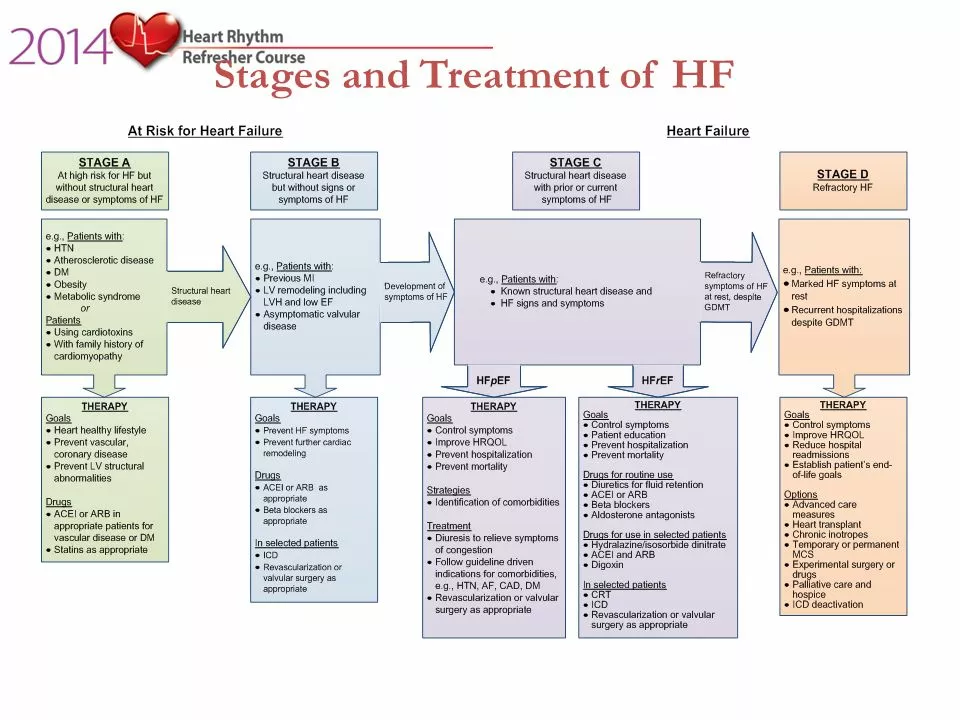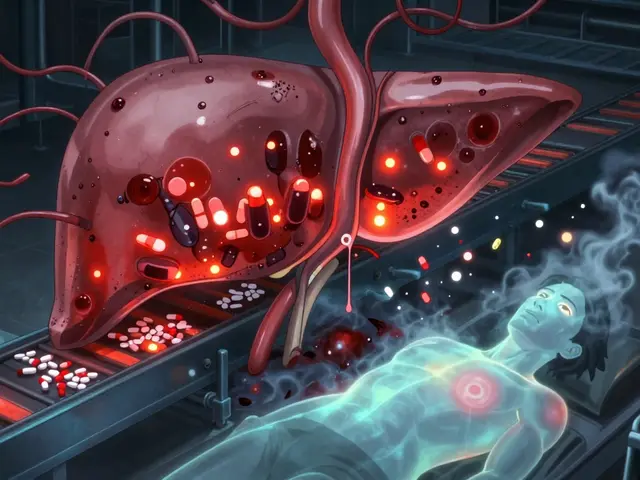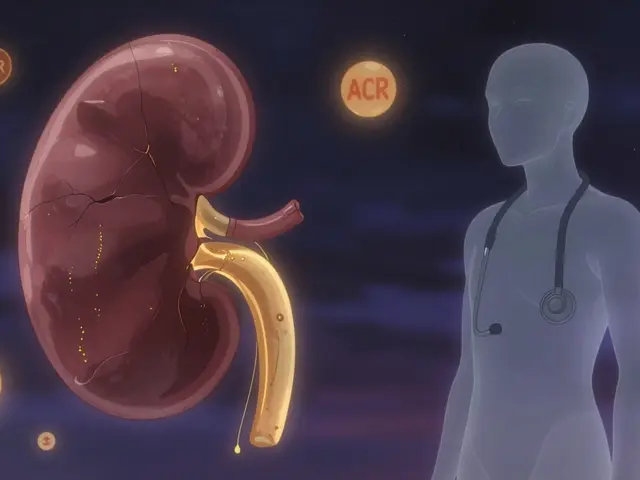Understanding Heart Failure: Simple Facts and Practical Care Tips
Heart failure is something many people hear about, but it’s often misunderstood. It doesn’t mean your heart stops working entirely. Instead, it means your heart isn’t pumping blood as well as it should. This can lead to tiredness, shortness of breath, and swelling in places like your legs and feet.
Knowing the signs early can make a big difference. Do you get tired easily, even after light activity? Or maybe you notice that climbing stairs leaves you breathless more than usual. Swelling around your ankles or sudden weight gain can also be clues your heart is struggling. These symptoms don’t only happen overnight, so paying attention to how you feel day to day matters.
What Causes Heart Failure?
There isn’t just one cause of heart failure. Often, it develops because of other heart problems. High blood pressure makes your heart work harder, and over time this strain can weaken it. Coronary artery disease, where the blood vessels supplying your heart narrow or get blocked, is another common cause. Sometimes, a heart attack can damage the heart muscle and lead to heart failure later on. Other less common causes include infections or problems with the heart valves.
The good news? Many causes of heart failure can be treated or managed. Controlling blood pressure, eating a heart-friendly diet, staying active, and avoiding smoking all help keep your heart in better shape. Your doctor might prescribe medications to improve heart function and control symptoms.
Living Well with Heart Failure
Managing heart failure takes teamwork between you and your healthcare provider. Taking your medications exactly as prescribed is key. Regular check-ups help catch any changes early. It’s also smart to watch your salt intake since too much salt can cause your body to hold water and make symptoms worse. Keeping an eye on your weight daily can catch sudden gains caused by fluid buildup.
Exercise might sound scary if you feel tired, but gentle activities like walking or swimming can actually strengthen your heart over time. Just check with your doctor about what’s safe for you. Joining support groups or talking openly with friends and family can make the emotional side easier to handle.
Remember, heart failure is serious but manageable. With the right knowledge and care, many people live full, active lives despite the condition. If symptoms come up or change, don’t hesitate to get in touch with your healthcare team. Staying informed and proactive is your best move.

Empagliflozin and heart failure: Can it reduce hospitalizations?
- Date: 4 May 2023
- Categories:
- Author: David Griffiths
In my latest blog post, I explored the potential benefits of Empagliflozin in reducing hospitalizations for heart failure patients. It appears that this medication, initially developed for type 2 diabetes, has shown promising results in clinical trials for heart failure treatment. The studies suggest that Empagliflozin can help decrease the risk of hospitalization and improve overall cardiovascular health. However, more research is needed to fully understand its long-term effects and safety profile. Stay tuned for future updates on this exciting development in heart failure management!




